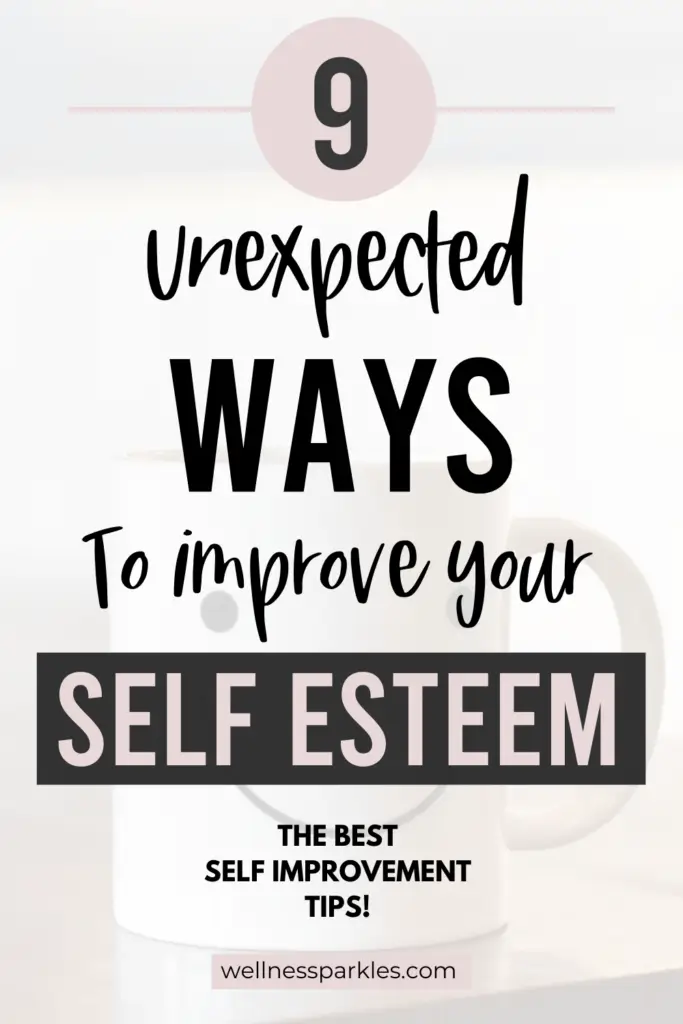Building Your Self Esteem As A Woman

In a society that often bombards women with unrealistic expectations and conflicting messages, cultivating a strong sense of self-esteem can feel like an uphill battle. The pressures to conform to certain beauty standards, excel in multiple roles, and navigate systemic inequalities can erode even the most confident spirits. This article delves into actionable strategies and insights to empower women to build and maintain unshakeable self-esteem.
At its core, self-esteem is the subjective evaluation of one's own worth. It influences our thoughts, feelings, and behaviors, shaping how we interact with the world and pursue our goals. The journey to building self-esteem is deeply personal, but understanding proven methods and addressing common pitfalls can pave the way for a more confident and fulfilling life.
Understanding the Roots of Self-Esteem
Many factors contribute to a woman's self-esteem, starting from early childhood experiences. Studies by organizations like the American Psychological Association have shown that positive feedback, secure attachments, and a supportive environment are crucial for healthy self-esteem development.
Conversely, negative experiences such as bullying, criticism, or trauma can significantly impair self-worth. Societal influences also play a considerable role, with media portrayals, cultural norms, and gender stereotypes often perpetuating unrealistic expectations and self-doubt.
Challenging Negative Self-Talk
One of the most powerful tools in building self-esteem is challenging negative self-talk. We often internalize critical voices that undermine our confidence and reinforce feelings of inadequacy.
Cognitive Behavioral Therapy (CBT) techniques can be incredibly effective in identifying and reframing these negative thought patterns. This involves recognizing when you're engaging in self-criticism and consciously replacing those thoughts with more positive and realistic affirmations.
Setting Realistic Goals and Celebrating Achievements
Setting achievable goals and celebrating even small accomplishments can significantly boost self-esteem. It's important to break down large tasks into manageable steps and acknowledge your progress along the way.
Focus on setting goals that align with your values and passions, rather than trying to meet external expectations. Remember that perfection is unattainable, and that mistakes are opportunities for growth.
Cultivating Self-Compassion
Self-compassion is a vital component of self-esteem. It involves treating yourself with the same kindness, care, and understanding that you would offer to a friend in a similar situation.
Dr. Kristin Neff, a leading researcher in self-compassion, defines it as comprising three main elements: self-kindness, common humanity, and mindfulness. Practicing self-compassion can help you navigate challenges and setbacks with greater resilience and self-acceptance.
"Self-compassion involves recognizing that suffering is a part of the human experience and responding to yourself with kindness and understanding in the face of adversity." - Dr. Kristin Neff
Building a Supportive Network
Surrounding yourself with supportive and positive individuals can significantly impact your self-esteem. Seek out relationships with people who uplift you, encourage your growth, and celebrate your successes.
Limit contact with individuals who are consistently critical, negative, or draining. Building a strong support network provides a sense of belonging and validation, which can buffer against feelings of self-doubt and isolation.
Taking Care of Your Physical and Mental Health
Prioritizing your physical and mental well-being is essential for maintaining healthy self-esteem. Regular exercise, a balanced diet, and sufficient sleep can have a profound impact on your mood and overall sense of well-being.
Consider incorporating activities that you enjoy and that promote relaxation, such as yoga, meditation, or spending time in nature. Don't hesitate to seek professional help if you are struggling with mental health challenges such as anxiety or depression.
Embracing Your Unique Strengths and Talents
Focus on your strengths and talents, rather than dwelling on your perceived weaknesses. Identify what you are good at and find opportunities to utilize those skills in your personal and professional life.
Embrace your individuality and celebrate the unique qualities that make you who you are. Don't compare yourself to others, but instead focus on your own journey and progress.
Many women find that volunteering or engaging in activities that benefit others can also boost their self-esteem. Helping others can provide a sense of purpose and accomplishment, fostering feelings of self-worth.
Looking Ahead: A Lifelong Journey
Building self-esteem is an ongoing process, not a destination. There will be times when you feel more confident and resilient than others.
The key is to remain committed to practicing self-compassion, challenging negative thoughts, and nurturing your physical and mental well-being. By consistently investing in yourself, you can cultivate a strong foundation of self-esteem that empowers you to navigate life's challenges with grace and confidence.


















